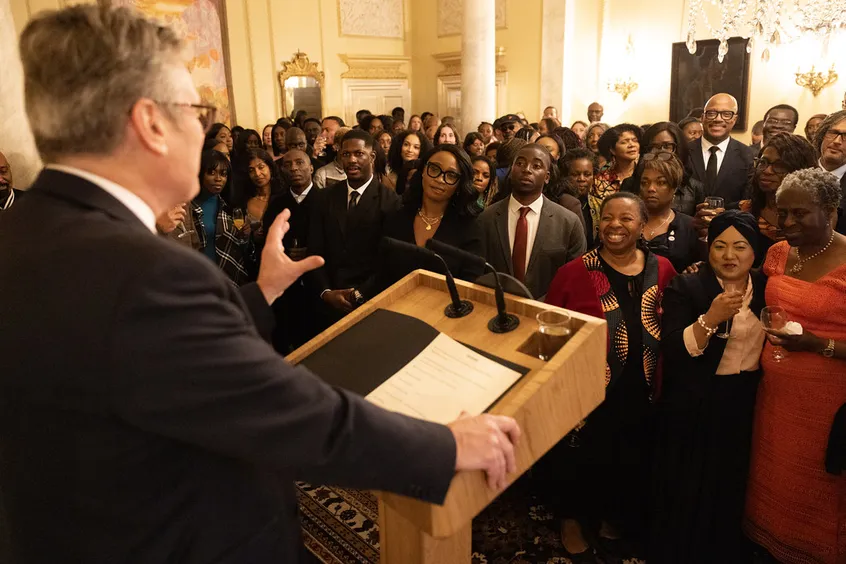Black History Month originally sprang out of African American joint celebrations of Abraham Lincoln and Frederick Douglass’s February birthdays. 'Negro History Week' began in February 1926 to recognise African American contributions to society and raise awareness to the prejudices they had and continued to face.
This week for designated learning emphasis was well established by 1976, when the United States celebrated its bicentennial, and the week expanded to a month. To mark the inaugural Black History Month, President Gerald R. Ford said, 'We can seize the opportunity to honour the too-often neglected accomplishments of black Americans in every area of endeavour throughout our history. I urge my fellow citizens to join me in tribute to Black History Month and the message of courage and perseverance it brings to all of us.'
Since 1987, October has been designated as 'Black History Month' in the United Kingdom. Like its American relative, it is an annual opportunity to reflect specifically on the men and women of the African diaspora, and to commemorate their courage and contributions to society. For several years, I have used the month as an opportunity to research and sometimes even write stories from black history, for my own knowledge and development but also for anyone else who may benefit and be prompted to further research.








Antisemitism: Never again?
The lad in the middle of the photo accompanying this article is me. The boy on the bicycle to my …